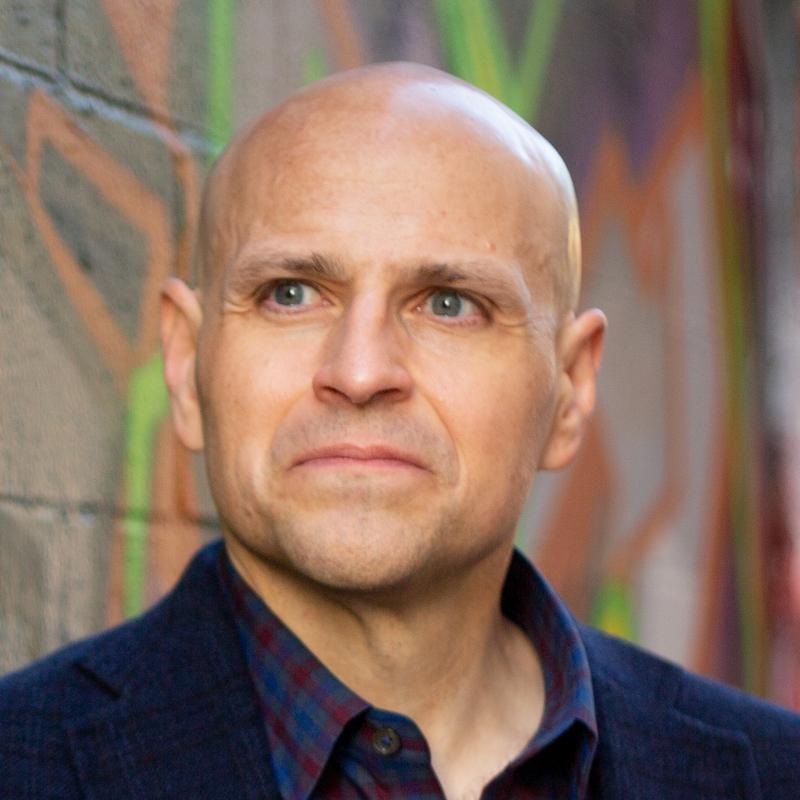
“Nothing early in your career is more important than achieving success — and nothing signals success more than working for a successful company.” – Andy Rachleff
It’s June, and freshly-minted graduates are just beginning their careers in product management. In many ways, I consider them fortunate—when I was in college “product manager” meant something quite different, and it certainly wasn’t on my shortlist of career choices. This New York Times article from 1989—shortly after I arrived in Boston as a freshman—explains:
Tracy Carlson has an inordinate interest in stains. Welcome to the world of product managers, the men and women who shepherd consumer products onto the shelves of the nation’s retailers. Ms. Carlson is senior product manager for Lever Brothers’ Wisk, which vies with Procter & Gamble’s Tide to be the country’s best-selling liquid laundry detergent.
I was not interested in stains, much less inordinately. My foray into product management was more stumble than strategy, and would take several more years.
But I was lucky to start my career at high-growth companies, where I was able to add successful brands to my résumé and begin building a far-reaching network that serves me to this day. I’m talking about companies that have already found impressive traction, but are still early enough that there’s lots of upside ahead. You will learn how to build things at scale and you will have more experienced product managers to learn from and be mentored by. There is plenty of room for you to shape the product and to take on more responsibility as the company grows. Since there hasn’t been an exit yet, you’ll get to work closely with the founders and there’s a much better chance that your stock options will actually be worth something.
So rather than jumping straight into your classmate’s new YC company or taking that high-falutin’ title at a bootstrapped startup, look for a role at an established, high-growth company. Think Airtable, Carta, Discord, Gusto, Miro, or Zapier (as of 2021). As the years go by you’ll get a disproportionate amount of credit for having been with a winner—fairly or unfairly. Your experience will be sought after and the people you worked with will go on to start and invest in even more remarkable companies. You’ll always have time to start your own company or join an early-stage startup, and having the experience and network from a successful brand will only be an advantage when and if you eventually go that route.
Others have made this case more eloquently, most prominently former VC and Wealthfront chairman Andy Rachleff (start here and here for the rationale). Each year Wealthfront publishes their list of career-launching companies, here’s the list for 2021.
Here are some other perspectives, from Josh Elman:
One of the best things I think you can do early in your career — if you get the privilege to do so — is join a company you think is winning. I mean absolutely crushing it. At the peak of its game. Delivering products to users and customers that they love, and that you love, and that you can’t wait to see what they do next.
And Hunter Walk:
These folks – plus your new peers – will most likely spend the next 20 years as your friends, managers, employees, VCs, cofounders, etc. Building a tight and high quality network early in your career is much more valuable than any fancy title or nearterm compensation. From folks a few years more experienced you’ll get mentorship and learn good habits.
What about big public companies? The most innovative ones—Amazon, Apple, Google, or Facebook—can be an excellent choice as well, but with some caveats that are worth noting. In a future newsletter I’ll talk about that, and in particular PM-specific launchpads such as Google’s APM and Facebook’s RPM programs.
Good Reads
Disruption is not a strategy, argues Jerry Neumann. Despite its popularity, The Innovator’s Dilemma wasn’t written as a howto manual for startups, it was meant as a warning to incumbents. “Google, despite the radical changes it brought to so many markets, set out to create something, not destroy anything. Disruption isn’t everything.”
“If you can’t afford crazy, you can’t afford brilliant.” Astro Teller, captain of X, Alphabet’s moonshot factory, recently gave a talk on failure, innovation, and engineering culture.
UX design and choreography. Rebecca Ussai applies Disney’s animation principles to UX design. “The biggest thing to take away here is that our job as UX and visual designers is not just to make things functional and follow best practices. We’re also trying to make these experiences enjoyable and, most of all, tell a story through experience sequences.”
